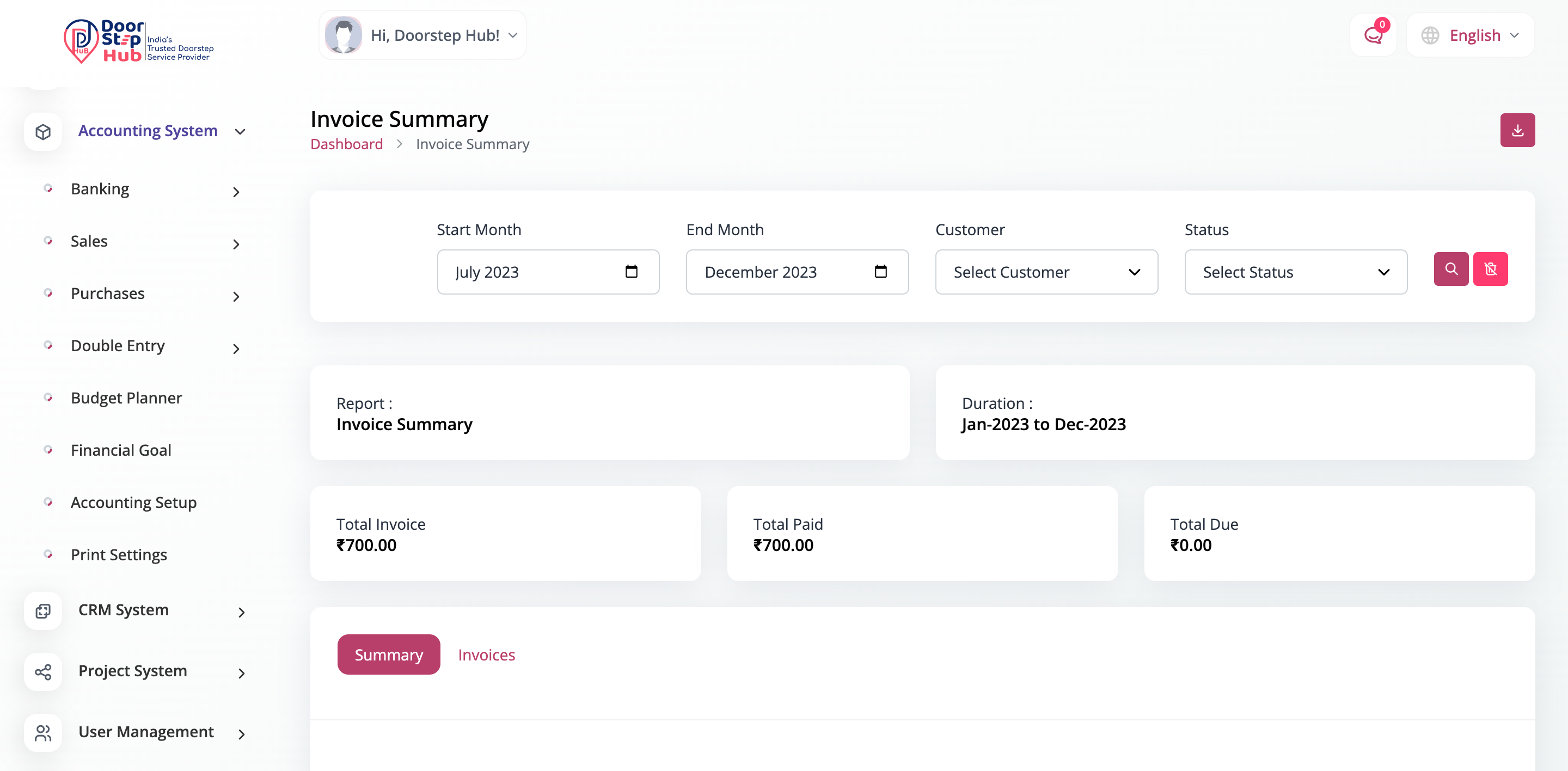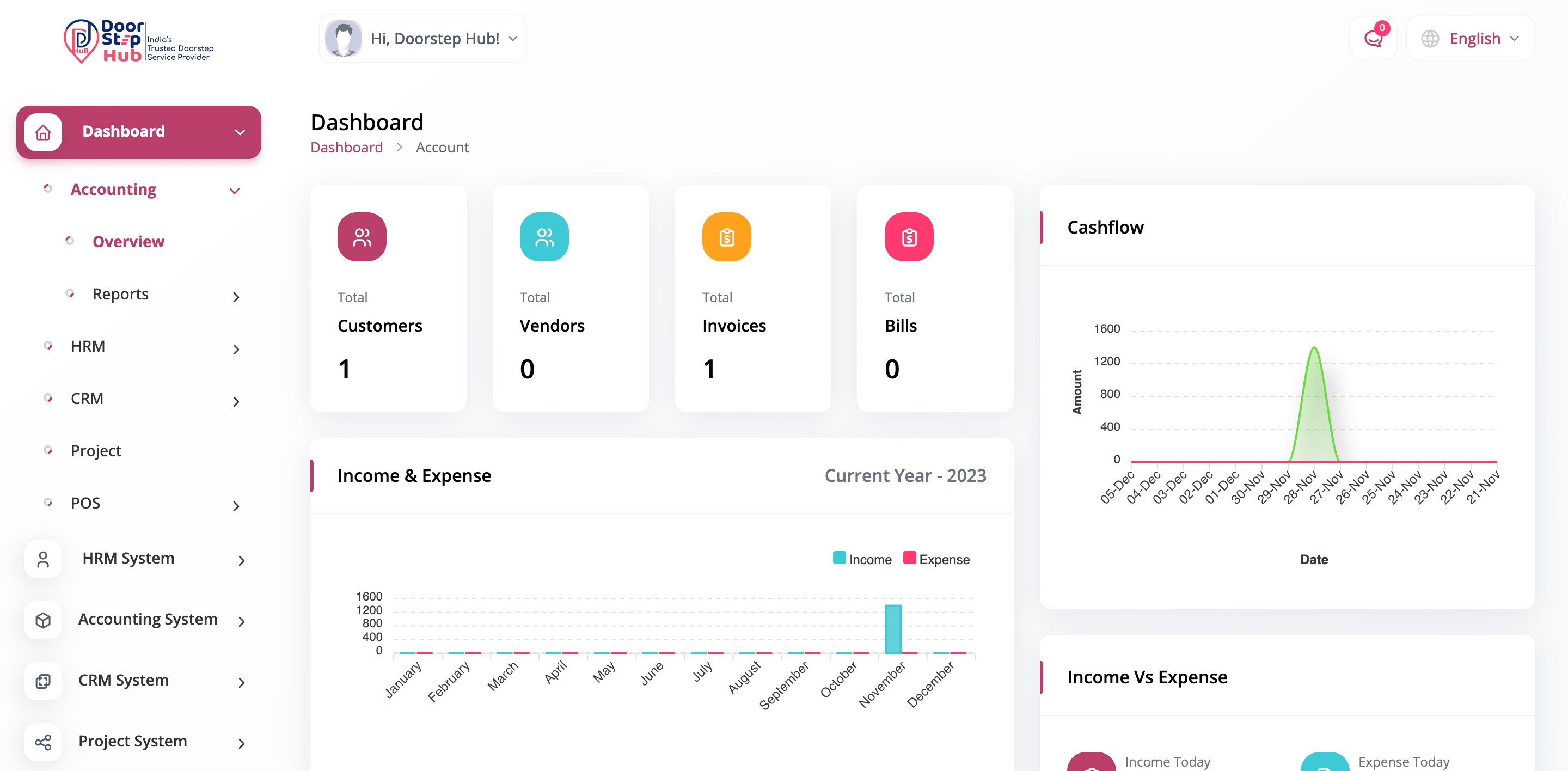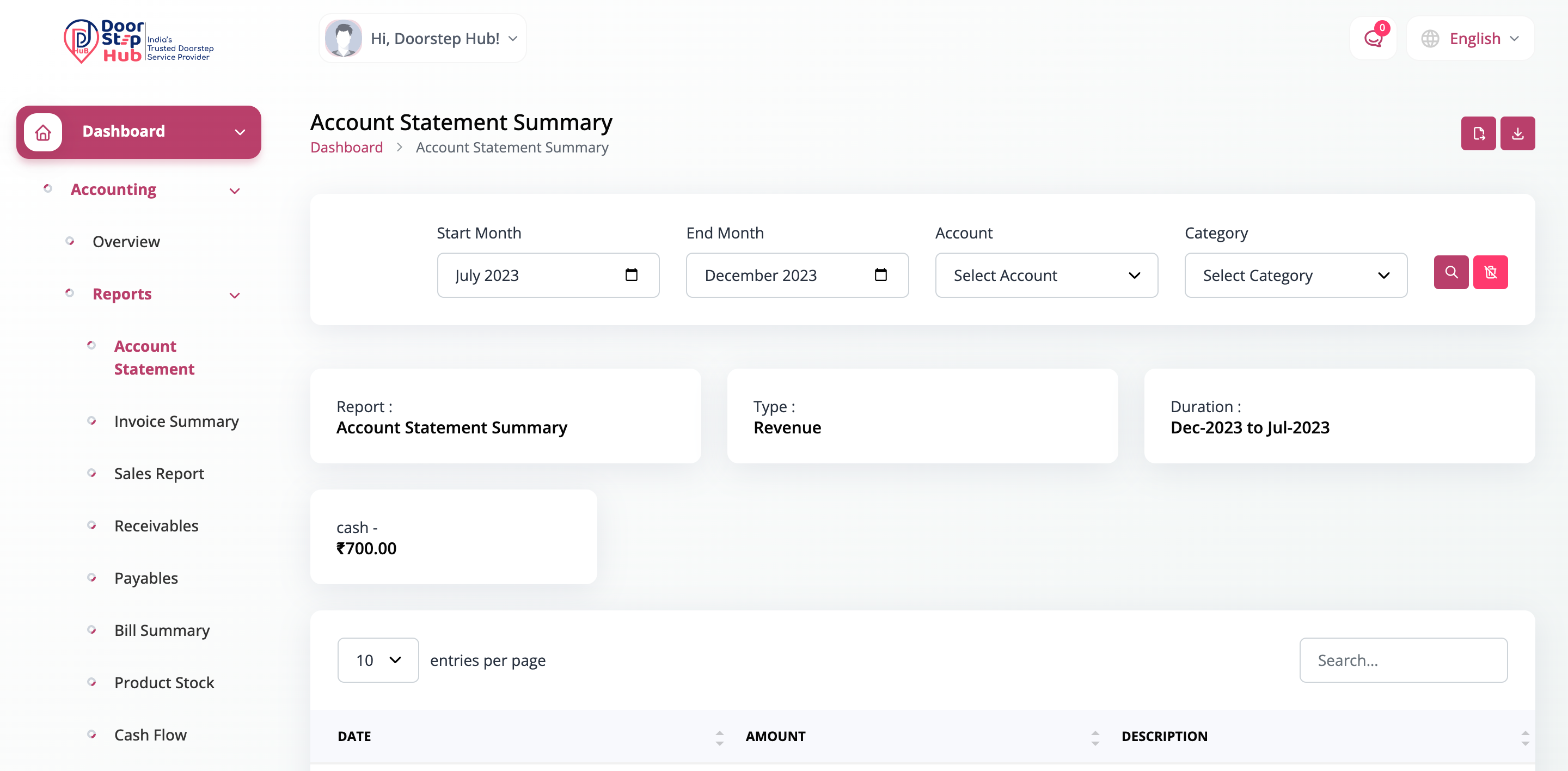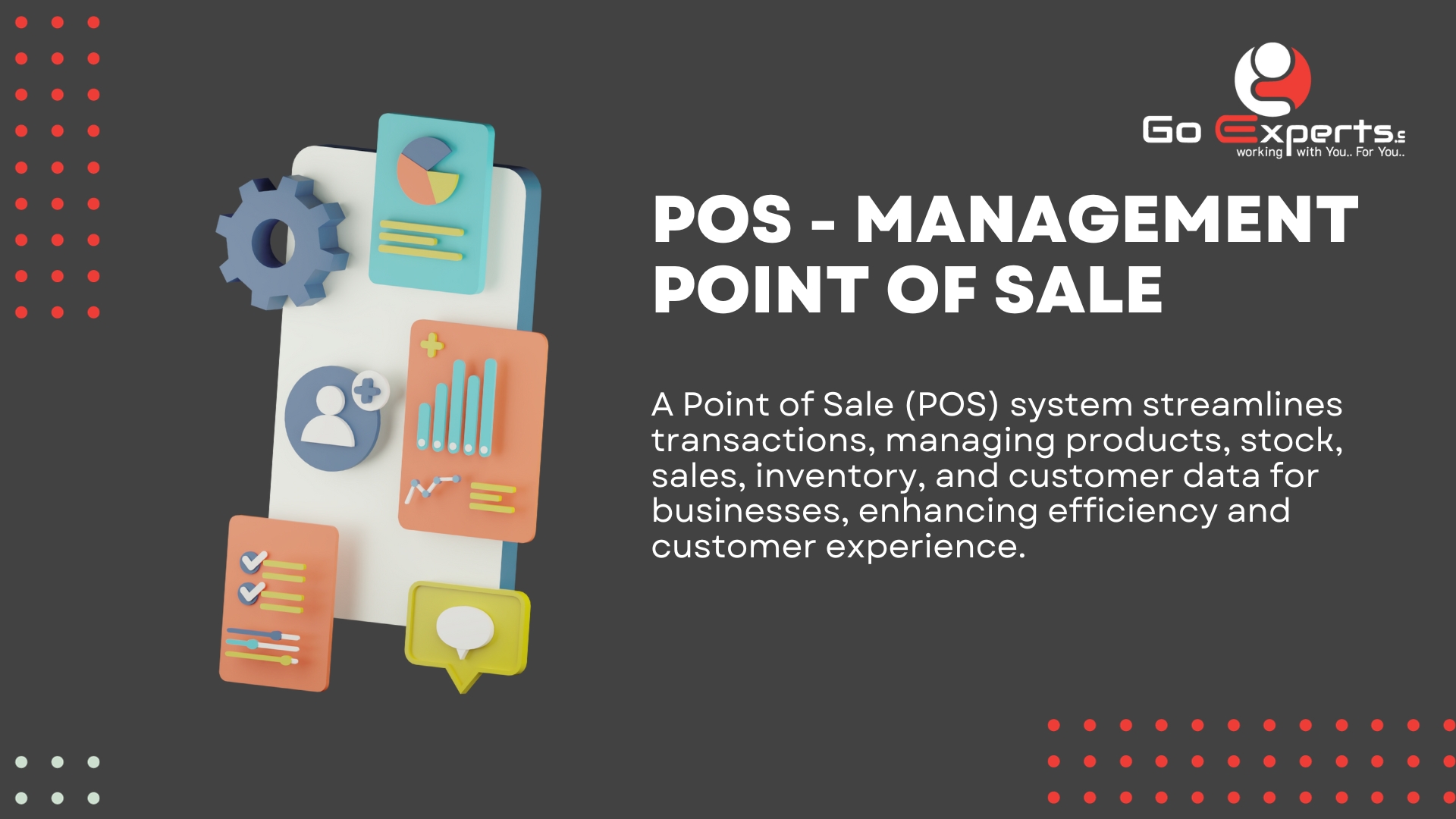
What is Accounting System? What is benefits of Accounting system? How it is useful?
An accounting system is a structured framework used by businesses to manage and track financial transactions, ensuring accurate and systematic recording of economic activities. It encompasses processes for recording, classifying, summarizing, and interpreting financial information, providing a comprehensive view of an organization's financial health. The core objective is to generate reliable financial statements for internal management, external stakeholders, and regulatory compliance.
Key components of an accounting system include ledgers, journals, charts of accounts, and financial statements. It employs principles like double-entry bookkeeping, where each transaction affects at least two accounts to maintain balance and accuracy. In contemporary business environments, accounting systems are often computerized, utilizing specialized accounting software that automates routine tasks and enhances efficiency.
Benefits of an Accounting System:
Accurate Financial Reporting: One of the primary advantages of accurate and timely financial statements is the generation of income statements, balance sheets, and cash flow statements. This facilitates informed decision-making by providing a clear overview of the organization's financial position.
Compliance with Regulations: An accounting system helps businesses adhere to financial regulations and reporting standards. This is critical for regulatory compliance, legal requirements, and building trust among stakeholders.
Efficient Record-Keeping: It provides a systematic method for recording and organizing financial transactions. This organized record-keeping simplifies audits, tax filing, and financial analysis, saving time and resources.
Budgeting and Planning: Accounting systems enable effective budgeting and financial planning. By tracking income and expenses, businesses can create realistic budgets, set financial goals, and monitor their progress over time.
Improved Decision-Making: With accurate and up-to-date financial information, management can make informed decisions about investments, expansions, cost-cutting measures, and strategic planning. This contributes to the overall success and sustainability of the business.
Resource Allocation: Efficient resource allocation is facilitated by understanding where the financial resources are being utilized. This information helps in optimizing expenditures, identifying areas for cost savings, and maximizing profitability.
Enhanced Accountability: Clear accountability is established through an accounting system. It allows businesses to trace financial transactions to specific individuals or departments, discouraging fraudulent activities and promoting responsible financial management.
Performance Evaluation: Businesses can evaluate their financial performance over different periods, compare results, and identify trends. This aids in assessing the effectiveness of business strategies and adjusting them as needed.
Facilitation of Audits: An organized accounting system simplifies the audit process. External auditors can easily verify financial statements, ensuring transparency and credibility.
Investor and Creditor Confidence: Reliable financial information instils confidence among investors, creditors, and other stakeholders. This can lead to better relationships with financial partners and improved access to capital.
In conclusion, an accounting system is an indispensable tool for businesses, providing a structured approach to financial management. The benefits extend beyond accurate record-keeping, influencing strategic decisions, regulatory compliance, and overall organizational success.
Gallery





